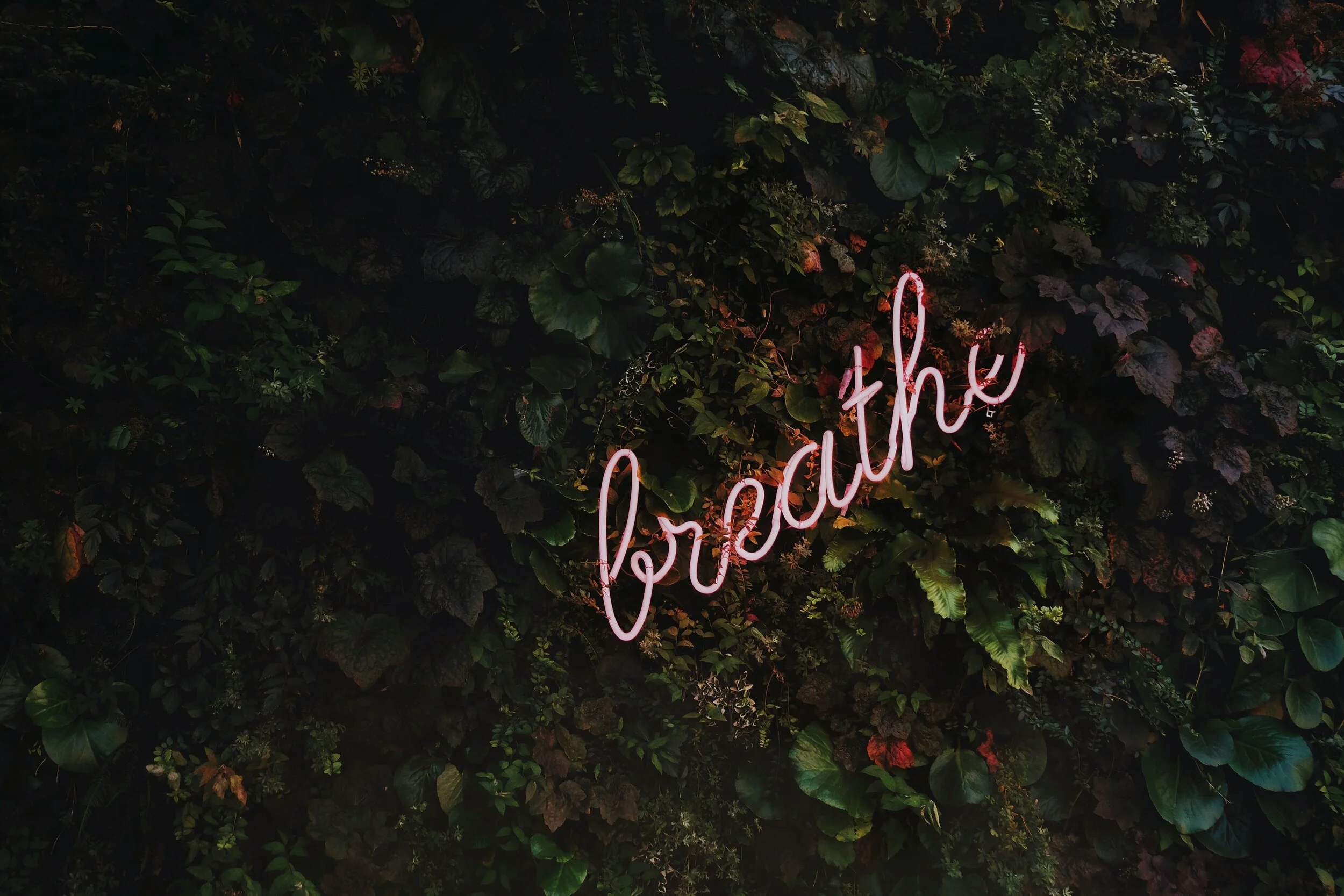
Your immune system is your superhero
A Strong Immune System Is Your Body’s Defense.
Your body is an incredible machine. It changes over time, interacts with the world, adapts to different environments, and can usually fix itself when broken or wounded. But, like other machines, it needs proper fuel (nutrition), rest (sleep) and maintenance (exercise, down time) to function properly.
How does your immune system work?
When a harmful invader — like a cold or flu virus, or the coronavirus that causes COVID-19 — gets into your body, this system mounts an attack. Known as an immune response, this attack is a sequence of events that involves various cells and unfolds over time.
Build a self-care action plan that is uniquely yours. Learning to spot “good choice” from “bad choice” is foundational practice for every human, young or old. You will build your capacity to keep things on a positive track and spend less time slipping into unhealthy or unsafe situations.
You ask a lot of your immune system. In return, it needs a little TLC. Keep these simple guidelines in mind to make sure you’re giving your mind and body what they need to function smoothly, and keep you strong and healthy.

Lower your stress and stay positive.
Your body does a better job fighting off illness and healing wounds when it’s not under stress. If you notice that you are feeling anxious, take time to decompress, and get grounded.
Try a meditation, like this 3-minute pause: Finding Love Within
But do what works well for you. Our body, mind, and brain are working overtime. When things are challenging, it’s a lot easier to use a coping strategy that feels like you.
TRY THESE TIPS
Step away from your devices.
Pause and take 10 slow breaths.
Allow yourself a good, long cry.
Cozy up with a book or your favorite jams.
Stare out the window, at the sky or a tree.
Make a happy plan, like a “social distance walk.
Do tasks around the house; being productive always feels good.
Get a lot of fresh air, rain or shine, every day.
Improve your sleep habits.
Have you ever found yourself in a heated moment with your child, where emotions are raw and nothing you say lands well? And then it sinks in that they stayed up until 1am the night before and are running on fumes.
Mood and sleep are directly linked and a restorative sleep is KEY to teenagers’ navigating their day, getting along with others, and staying healthy.
Focusing on better sleep habits is a powerful way to strengthen your immune system. In one surprising study, researchers found 164 men and women willing to be exposed to the cold virus. Not everyone got sick. But short sleepers — those who regularly slept less than six hours a night — were 4.2 times more likely to catch the cold compared with those who got more than seven hours of sleep. Risk was even higher when a person slept less than five hours a night.
The sweet spot for sleep is seven to nine hours a night for adults and eight to ten for teens. YOU are the school administrator now – this is a great time for your young person to get some extra zzzs in the morning; it will help them to stay level amidst the upheaval. But stick to a regular bedtime and wake-up schedule. Avoid screens, night-eating and exercise right before bedtime.
And remember about self-care and leading your pack – this practice is potent!.

If you pay attention, your body lets you know when you are tired, need to rest, or sleep.
Self-care is a vital piece of the ongoing process of being human. It is “an attitude that says I am responsible for myself.”
Fresh air — fresh attitude!
Jog around the yard. Head to a park. Walk with a friend. There are very clear mental and physical health benefits for kids and adults alike – so soak up that fresh air and sunshine! Exercise naturally lowers cortisol levels and helps with immune-system function. And exercise is a proven action for warding off and combating depression.
Teens need at least 60 minutes of moderate to vigorous physical activity daily for optimal health. It’s true that exercise can boost your mood and release stress. It can be a good way to take your mind off your problems and help you cope. Other benefits include: a positive mood and outlook, muscle strengthening and definition, stronger bones, a lower heart rate, and an improved complexion.
Distance socializing: take the dog for a spin, kick the soccer ball (skip the basketball), do parallel sprint races with a buddy, cruise the ‘hood on a bike or, drag them on a family hike. It is okay to go to playgrounds or city parks, yet imperative to avoid playground equipment and any activities in which the virus could be passed — avoid touching hard surfaces and maintain a distance of six feet from people not in your household. If stuck inside, open a window and design a home fitness routine: stairs, jumping jacks, burpees, repeat. And, as always, wash hands frequently, before and after you get home. Soccer balls, shoelaces, water bottles, etc. are all places that carry germs.
Try these tips
Shut down the screens consistently and kick kids outside...
WITH clear training to be just as careful out as they are inside.
IF they are mature enough to practice precautions with social distancing,
and ALWAYS with your responsible oversight.
Healthy Diet As Fortification
Convincing teenagers to eat well can be frustrating for parents. They have a lot less control over what their child eats than when they were younger. But having kids at home might provide more opportunity to up their nutritional game.
Evidence shows that nutritional deficiencies can weaken our immune system and make us more vulnerable to infections. Try to wire in new messaging about the power of healthy eating as a front-line defense against the highly contagious coronavirus. We feel hungry when we need to eat and often feel sick when we eat too much food that is not healthy for us. Fresh foods help us to stay balanced in times of stress, and feel powerful and well.
Most teens aren't aware of the positive effects that eating healthy can have on their immune system, energy, complexion, and mood. Strive to eat a healthy balance of colorful fruits, vegetables, lean proteins, and whole grains throughout the day. These foods will infuse your body with zinc, vitamin D, and other essential vitamins and minerals, which boost every cell and system in your body.
The reality may be less availability of fresh fruits and vegetables as our supply chains reel from the crisis, but there are plenty of ways to get great nutrition. Frozen fruits and veggies can work well in a pinch, and you can always supplement with a multivitamin while supplies are sparse. Pick up a kid vitamin gummy like Nordic Berries, a fun taste to bring our teens back to younger days.
Influence Healthier Choices
Be a good listener—listening rather than talking too much is crucial. More is always less with teenagers
Be positive—Acknowledge when your teen makes the right choice.
Stock up on healthy ingredients—fruits, vegetables, and healthy snacks.
Be a role model— make healthy choices yourself. Let the action do the talking.
Prep meals together—cooking is a quintessential life skill! Try new recipes: 25 Immunity-Boosting Recipes. And don't forget to wash your hands before you eat!
Make it matter to them—teens live in the present and can't always relate to future outcomes. But they care about personal benefits: a clear complexion, getting taller, staying fit, being smart, and having energy for sports, etc.
Finally, be patient—change takes time. The practice is key.

Most teens aren't aware of the positive effects that eating healthy can have on their immune system, energy, complexion, and mood.
A Long, Cool Drink of Water
Widely known as the most crucial nutrient and the only one whose absence will be lethal within days, drinking water throughout the day is key to being well. The effects of water on daily performance and short and long-term health are quite clear. They allow your body's natural fighting mechanisms to work correctly and keep the mucous membranes in your throat and nasal passages from drying out.
Most kids are not drinking enough water. If you are not getting enough fluid (dehydration), your body is not able to carry out vital functions. Dehydration can occur in any age group if you don't drink enough water during hot weather — especially if you are exercising vigorously.
How do you know? Check your urine: if it is dark, you need to drink a glass of water (or two). If it is a pale yellow, you're doing well. In general, children and teens need about 6 to 8 glasses of water a day.
But this is just a guideline. How much water you need depends on many factors, such as what you eat, the way you move your body, and climate.
A great strategy is to drink before you are thirsty. They should also eat lots of fresh fruits and veggies, which are full of water. Other tips: make it a competition among family members, add a splash of flavor, keep a water bottle by your side, or take small sips throughout the day.
Vaping Increases Risk
Vapers, smokers and those with respiratory disease have a higher rate of critical illness and complications from coronavirus. Anything that is challenging to your lungs is going to work in the wrong direction.
Vaping rates with middle and high school students have skyrocketed. More than one in four high school students in the U.S. use e-cigarettes, and among high school students, 27.5% reported using an e-cigarette in the previous 30 days. One study found that vaping causes lung irritation similar to that seen in smokers and people with lung disease causing damage to vital immune system cells.
Have an open and honest conversation with your teen, even if you think they are not at risk. At a minimum, they can share this information with a peer who could benefit.
13.8% of severe cases of COVD-19 and 6.1% critical cases are due to the virus trekking down the windpipe and entering the lower respiratory tract, where it seems to prefer growing. The lungs are the primary target.
Coronavirus is like the flu because it goes through the same process within the body, and many people contract the flu and recover with no complications. But healthy lungs are critical – every cell in your body needs oxygen to live.
















